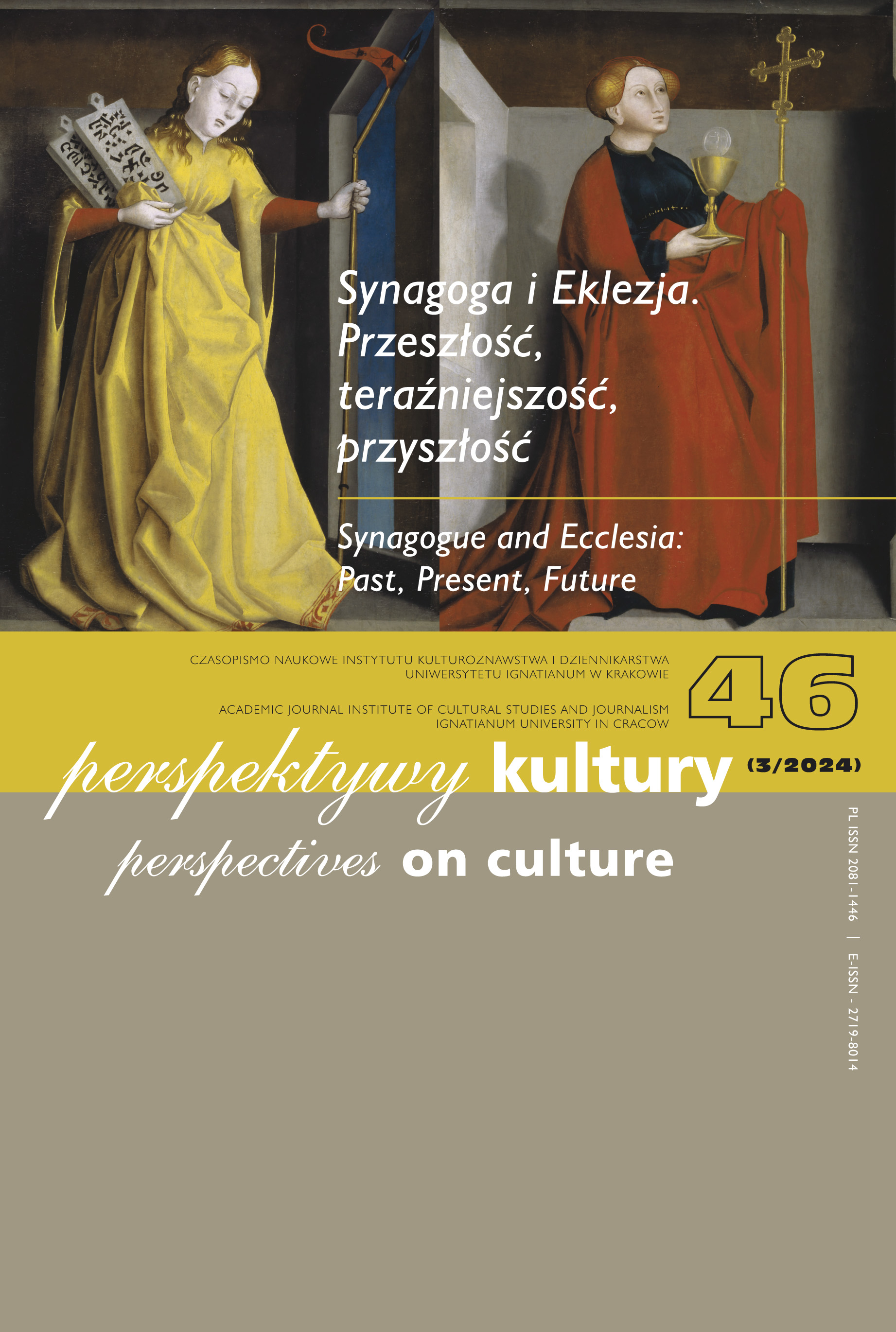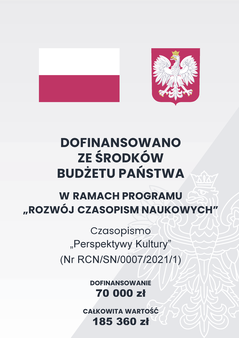Essays on Joseph Conrad in Memory of Professor Zdzisław Najder (1930–2021)
Book review: Dudek, J., Juszczyk, A., & Skolik, J. (eds.). (2022). Es-says on Joseph Conrad in Memory of Professor Zdzisław Najder (1930–2021). Kraków: Jagiellonian University Press, pp. 380.
Abstrakt
In Poland, the names of Joseph Conrad and Zdzisław Najder are profoundly intertwined across various domains, including literary and political spheres. This connection is natural, given that Najder was a preeminent Conradian scholar in post-war academia. The volume Essays on Joseph Conrad in Memory of Professor Najder (1930–2021) serves as a testament to Najder’s esteemed global reputation as a leading authority on Conrad. The collection, featuring contributions from distinguished scholars such as John G. Peters, Cedric Watts, Laurence Davies, and Andrzej Busza, highlights the significant impact and enduring legacy of Najder’s work in Conradian studies. Already at first glance, the collection attracts general attention by its careful layout whose focus is the dual linguistic vestige, both English and Polish, which justly reflects the divided national loyalties of Joseph Conrad, a Polish-born English writer: while the first section includes nearly two dozen of essays in English composed by scholars from Poland and abroad, the second part consists of the texts written in the Polish language. Moreover, both sections seem carefully designed counterparts, with their argumentation opened with the biographical details and personal recollections of Professor Najder as a Conradian scholar, through the notes upon Conrad’s prose as explored by prof. Najder, and closing with the articles considering Conrad in the context of intertextuality.
Copyright (c) 2024 Uniwersytet Ignatianum w Krakowie

Utwór dostępny jest na licencji Creative Commons Uznanie autorstwa 4.0 Międzynarodowe.
Autor, zgłaszając swój artykuł, wyraża zgodę na korzystanie przez Wydawnictwo Uniwersystet Ignatianum z utworu na następujących polach eksploatacji:
- utrwalania utworu w formie papierowej, a także na nośniku cyfrowym lub magnetycznym;
- zwielokrotnienia utworu dowolną techniką, bez ograniczenia ilości wydań i liczby egzemplarzy;
- rozpowszechniania utworu i jego zwielokrotnionych egzemplarzy na jakimkolwiek nośniku, w tym wprowadzenia do obrotu, sprzedaży, użyczenia, najmu;
- wprowadzenia utworu do pamięci komputera;
- rozpowszechniania utworu w sieciach informatycznych, w tym w sieci Internet;
- publicznego wykonania, wystawienia, wyświetlenia, odtworzenia oraz nadawania i reemitowania, a także publicznego udostępniania utworu w taki sposób, aby każdy mógł mieć do niego dostęp w miejscu i czasie przez siebie wybranym.
Wydawca zobowiązuje się szanować osobiste prawa autorskie do utworu.






